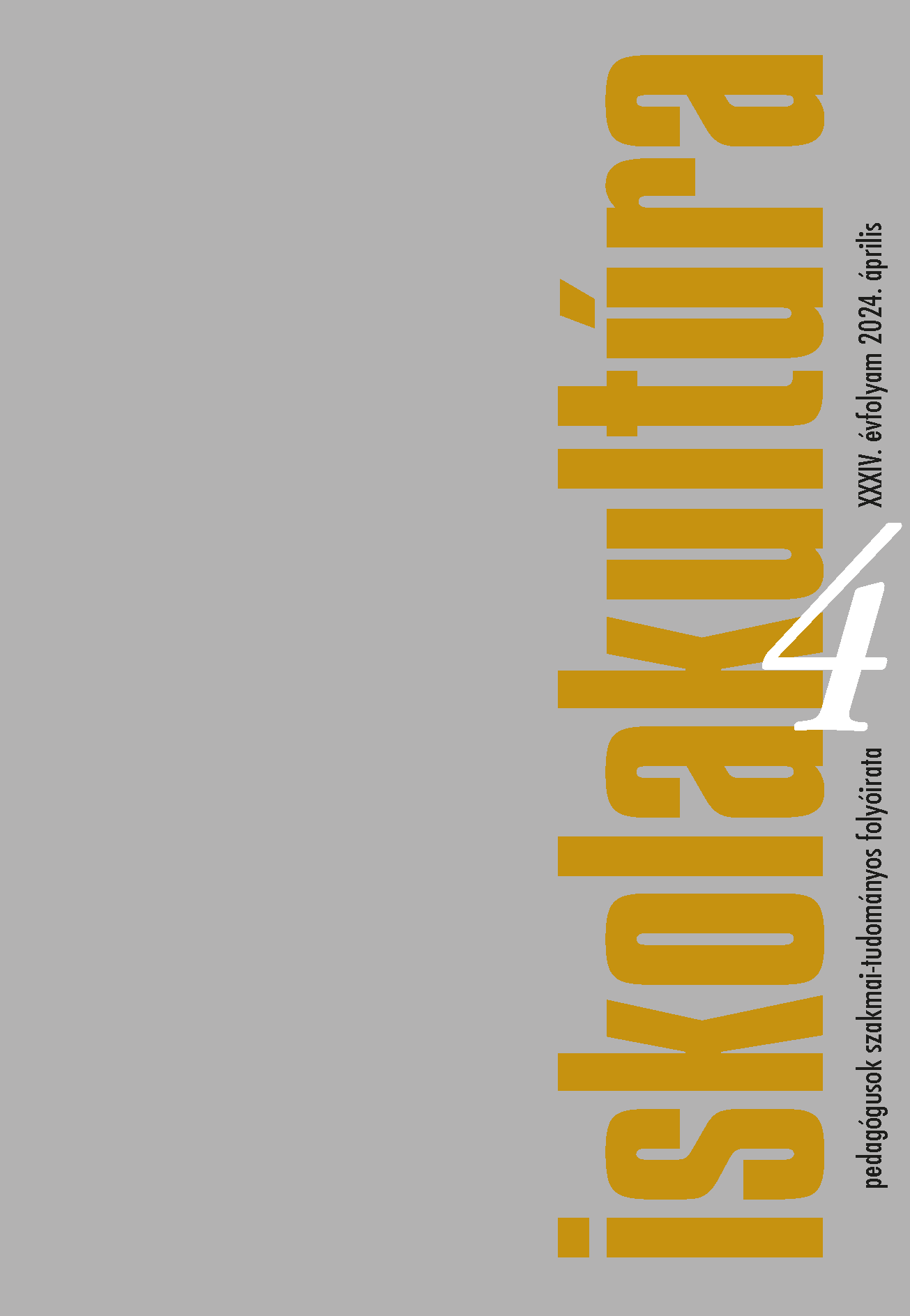One-year drama-based development of social problem-solving, coping strategies, and assertive communication among 10-11-year-old students
Main Article Content
Abstract
In this study, we report the results of a control group (n = 28) of 10-11-year-olds (n = 18). The aim of the communication-focused school development program was to develop social problem-solving, coping strategies and assertive communication using drama methods. At the beginning and at the end of the program, students completed three questionnaires (Assertiveness Questionnaire, AQ Erickson et al., 2016; Balogh-Pécsi & Kasik, 2020; Social Problem-Solving Inventory-Revised, SPSI–R, D&Zurilla et al., 2002; Kasik et al., 2010; Ways of Coping Questionnaire, WCQ, Folkmann & Lazarus, 1988; Rózsa et al., 2008), all with adequate reliability indicators. The one-year program of 18 sessions of 90 minutes every two weeks resulted in significant changes in three areas in the intervention group. Contrary to our hypothesis, rationality as a problem-solving style was not strengthened, but the impulsive (emotion-focused) style and avoidance-escape coping strategy were significantly reduced, and confrontation as a coping strategy increased in frequency. In all three areas, assertive communication has significant explanatory power. The results suggest that one-year group development is an effective way to address some of the problem-solving styles and coping strategies that domestic studies suggest may cause a range of life management difficulties in adolescence or lead to less effective coping.
Downloads
Article Details
Funding data
-
Magyar Tudományos Akadémia
Grant numbers Közoktatás-fejlesztési Kutatási Pályázata

